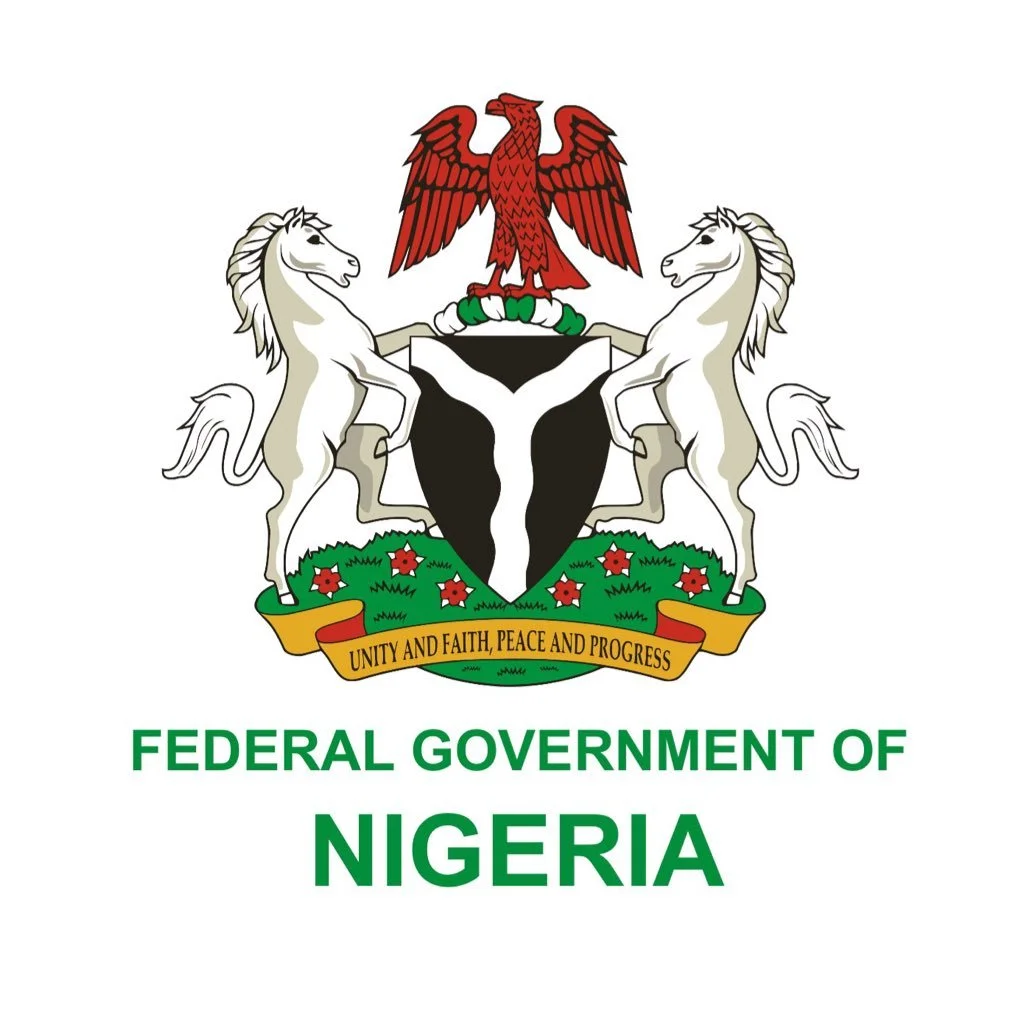The Federal Government has explained the proposed five percent surcharge on fossil fuel is designed as a dedicated fund to finance road infrastructure and maintenance.
He said it is aimed at creating safer travel conditions, reducing logistics costs and boosting overall economic efficiency.
Chairman of the Presidential Fiscal Policy and Tax Reforms Committee, Mr. Taiwo Oyedele, explained the purpose of the surcharge in a WhatsApp platform on Saturday.
According to him, the measure will provide lasting solutions to Nigeria’s persistent road infrastructure funding gap if effectively implemented.
“If implemented effectively, it will provide safer travel conditions, reduce travel time and cost, lower logistics costs and vehicle maintenance expenses, which will benefit the wider economy,” Oyedele said.
He pointed out Nigeria’s model aligns with international practice, noting that more than 150 countries currently impose various levies on fuel products ranging between 20 and 80 percent to guarantee regular investment in road infrastructure.
“While subsidy savings will provide some funding, they are insufficient to meet Nigeria’s huge and recurring road infrastructure needs among other public finance needs.
“A dedicated fund ensures reliable and predictable financing for roads, complementing the budget and ensuring roads are not left underfunded,” he stated.
Oyedele also addressed concerns around the timing of the surcharge, stressing its inclusion in the new tax laws is not about immediate implementation but about creating a clear and effective framework for sustainable road financing in the future.
“The surcharge is not new. It already exists under the Federal Roads Maintenance Agency (Amendment) Act, 2007 (FERMA Act). The new Tax Act only restates it for harmonisation and transparency. Hence, it was not part of the original tax reform bills submitted by the president to the National Assembly,” he clarified.
He further explained that the surcharge will not take effect automatically with the passage of the new tax laws. Instead, it would only commence after the Minister of Finance issues an order published in the Official Gazette as stipulated under Chapter 7 of the Nigeria Tax Act, 2025.
“This safeguard ensures careful consideration of timing and economic conditions before implementation,” Oyedele added.
The reform, he said, is also consistent with the government’s tax harmonisation drive, which has already removed or suspended several charges that directly affect households and small businesses, including Value Added Tax (VAT) on fuel, excise tax on telecom services, and the proposed cybersecurity levy.
“By harmonising earmarked taxes, government is reducing duplication and ensuring a more efficient tax system,” Oyedele noted.
He assured that the five percent fossil fuel surcharge will not affect household energy products, as several items remain exempt. These include household kerosene, cooking gas (LPG), and compressed natural gas (CNG). Clean and renewable energy sources are also excluded, aligning with Nigeria’s energy transition agenda and commitment to addressing climate change.
Oyedele concluded that keeping the provision within a harmonised legal framework would ensure Nigeria is better prepared to sustainably finance road infrastructure while balancing public finance demands and long-term climate considerations.

